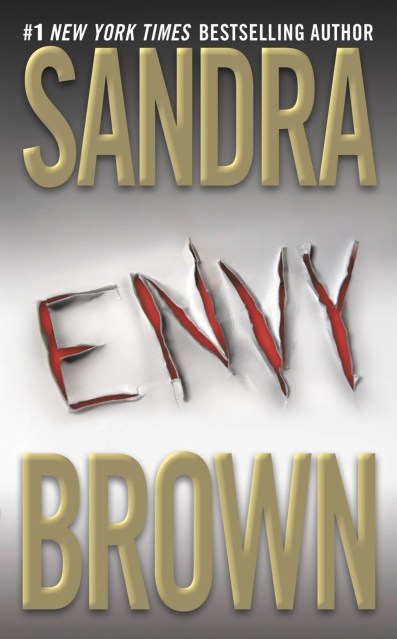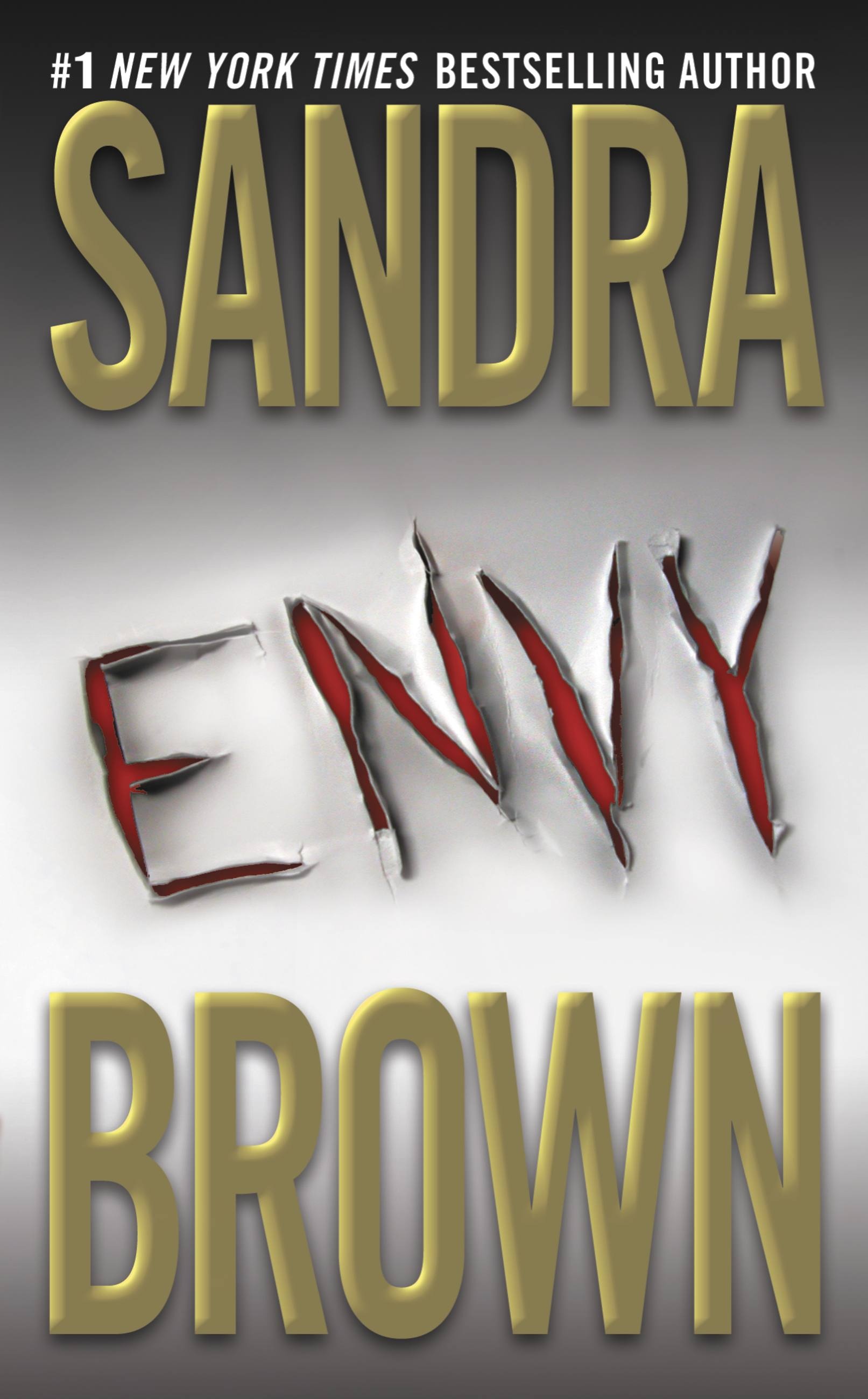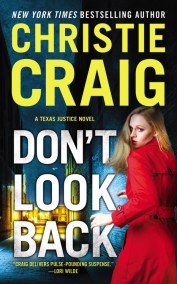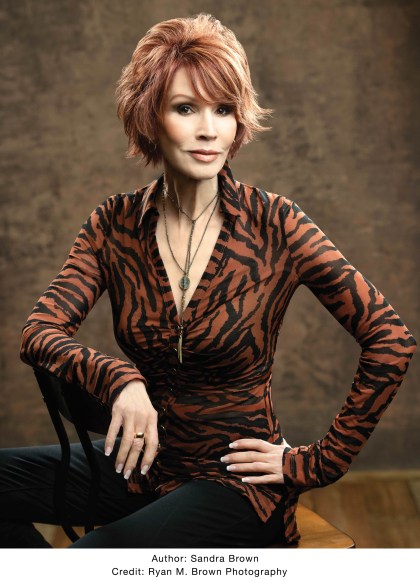Promotion
Use code MOM24 for 20% off site wide + free shipping over $45
Envy
Contributors
By Sandra Brown
Formats and Prices
Price
$8.99Price
$12.99 CADFormat
Format:
- Mass Market $8.99 $12.99 CAD
- ebook $7.99 $9.99 CAD
- Trade Paperback $17.99 $22.99 CAD
- Mass Market $8.99 $12.99 CAD
This item is a preorder. Your payment method will be charged immediately, and the product is expected to ship on or around August 1, 2002. This date is subject to change due to shipping delays beyond our control.
Also available from:
In this explosive New York Times bestselling thriller, a New York City-based book editor travels to a Southern island to meet a mysterious author — but she’s about to uncover a shocking truth about a carefully concealed crime.
Maris Matherly-Reed is a renowned New York book editor, the daughter of a publisher and the wife of a bestselling author. It’s rare for an unsolicited manuscript to pique her interest, but a new submission with blockbuster potential inspires her to search for the book’s elusive author.
On an obscure island off the Georgia coast, amidst the ruins of an eerie cotton plantation, Maris finds Parker Evans, a writer determined to conceal his identity as well as his past. Maris is riveted by his tale of two friends who charter a boat with a young woman for a night of revelry . . . an excursion from which only one person returns.
Working with Parker chapter by chapter, Maris becomes increasingly convinced that his story is based on real-life events. Disturbed by this realization — and her growing attraction to Parker — she searches for clues relating to a crime that was committed long ago. When someone close to Maris suddenly dies, an evil presence looms even closer: a man who will use anything — and anyone — to get what he wants . . .
Genre:
-
RAVE REVIEWS FOR ENVY:
"Brown has few to envy among living authors."
--Kirkus Reviews -
AND SANDRA BROWN:
"A masterful storyteller, carefully crafting tales that keep readers on the edge of their seats."
--USA Today -
"Jam-packed with twists and turns right up to the shocking finale."
--Cosmopolitan
- On Sale
- Aug 1, 2002
- Page Count
- 576 pages
- Publisher
- Grand Central Publishing
- ISBN-13
- 9780446611800
Newsletter Signup
By clicking ‘Sign Up,’ I acknowledge that I have read and agree to Hachette Book Group’s Privacy Policy and Terms of Use







